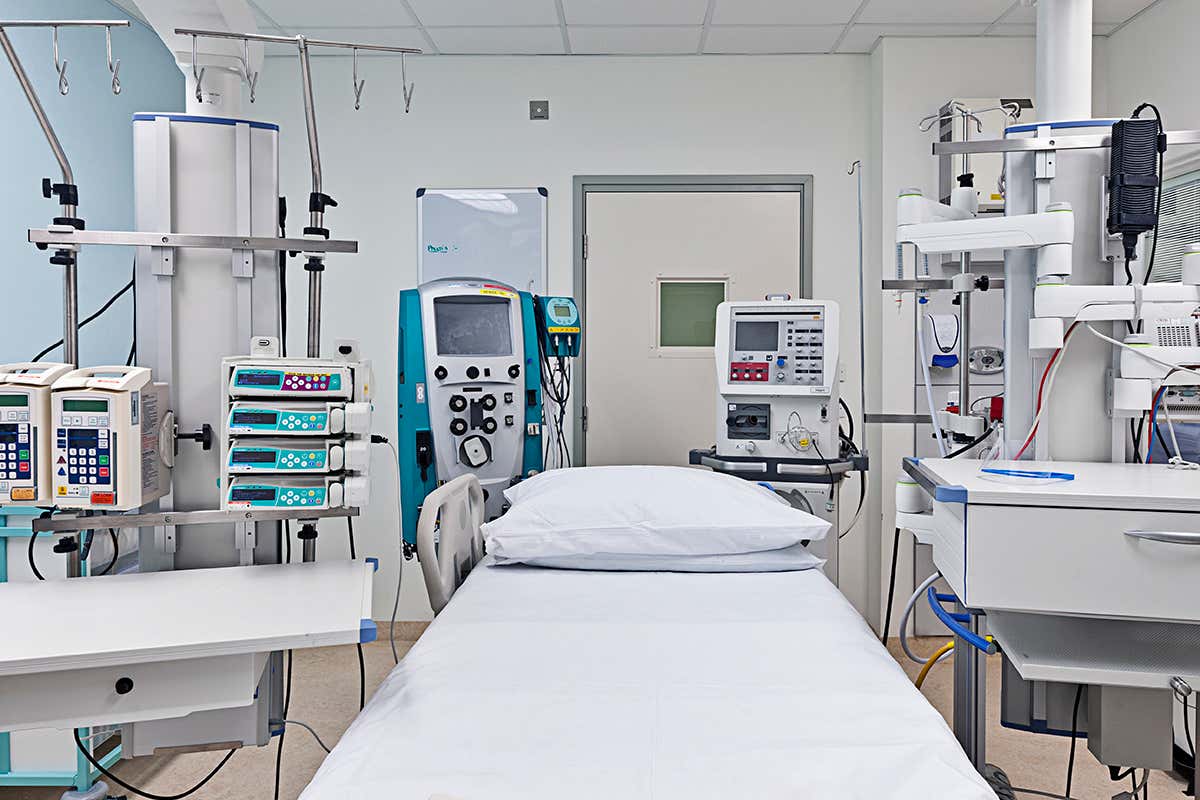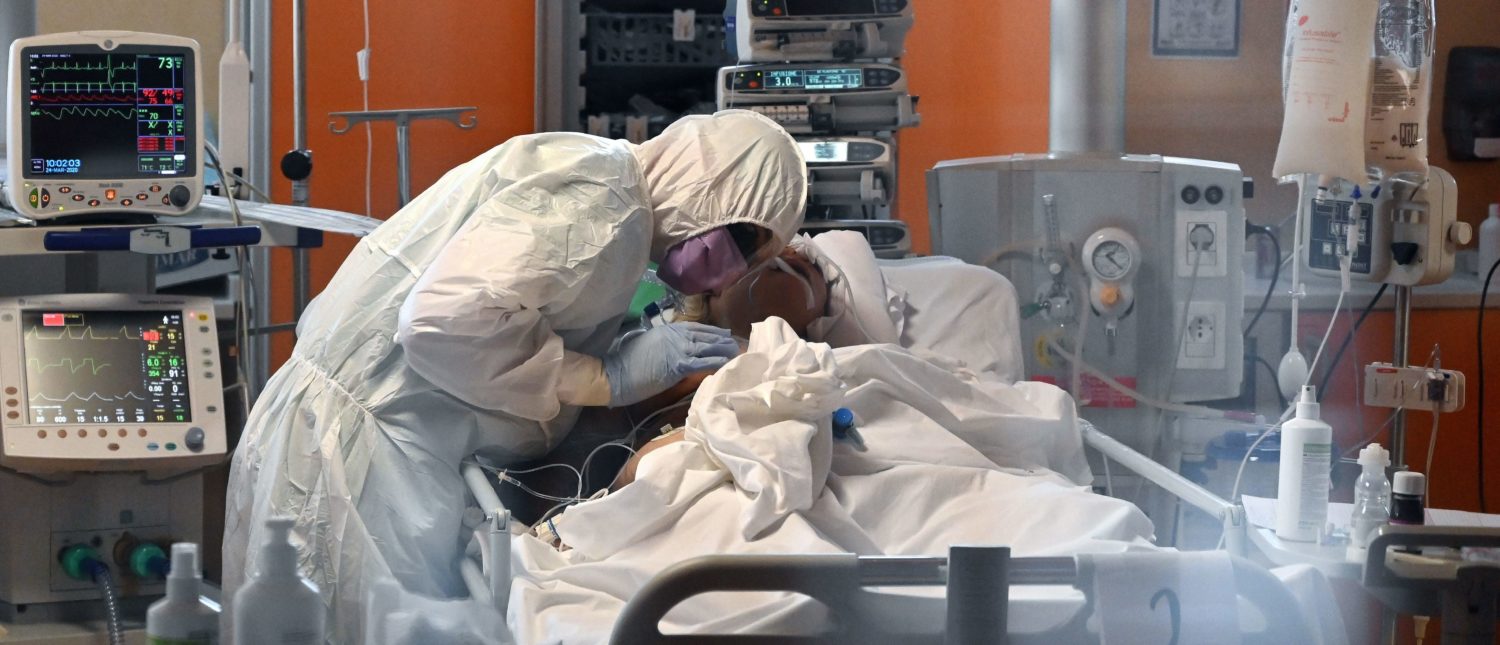I was waiting for someone to make that claim...... I mean, the same argument could be made for anyone who watches, reads, or listens to anything CNN says....
But if you want some other sources:
There are a limited number of ICU beds in the UK The UK should now be able to cope with the spread of the covid-19 virus, according to one of the epidemiologists advising the government. Neil Ferguson at Imperial College London gave evidence today to the UK's parliamentary select committee on...

www.newscientist.com
A scientist who warned that the coronavirus would kill 500,000 people in the United Kingdom has presented evidence that if current measures work as

www.washingtonexaminer.com
The doctor behind a U.K. college study that painted a doomsday scenario over the coronavirus pandemic now says he holds a more optimistic view about the spread.

dailycaller.com
He cites the UK lockdown that began two days ago.

www.thecollegefix.com
haven't heard anything from CNN, MSNBC, the NY Times (other than a tweet), etc: maybe they don't want to kill their massive click bait headlines, so they are waiting on reporting on the actual facts, and want to continue to spread baseless fear and incorrect information?




